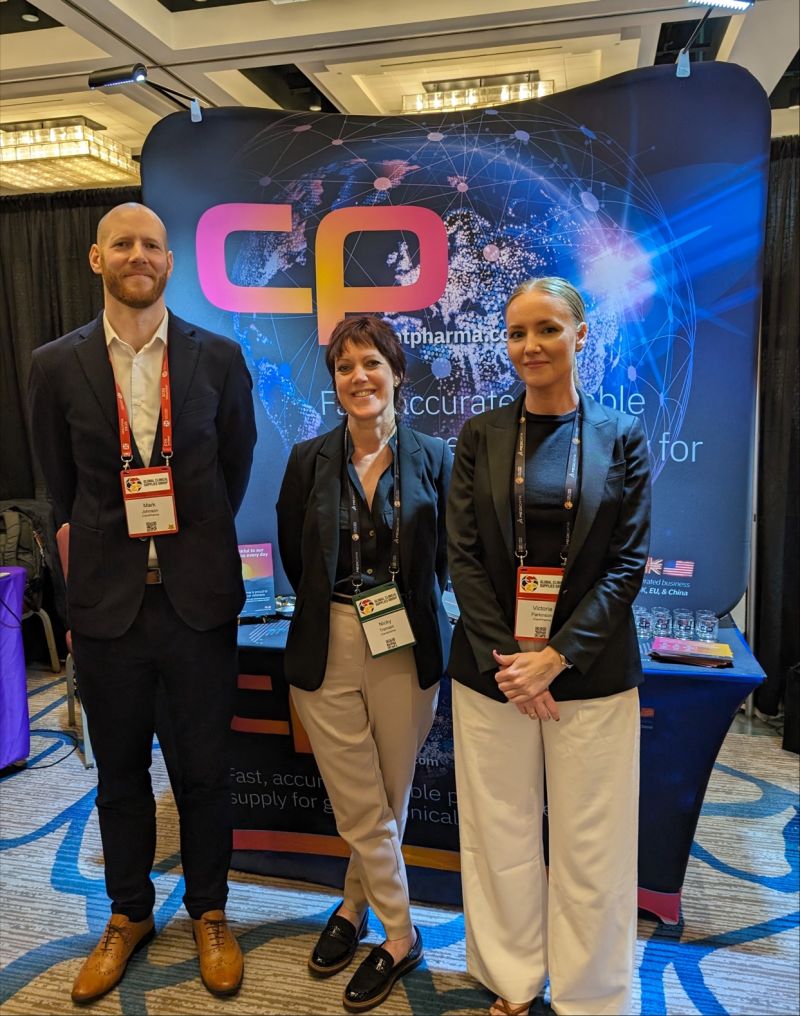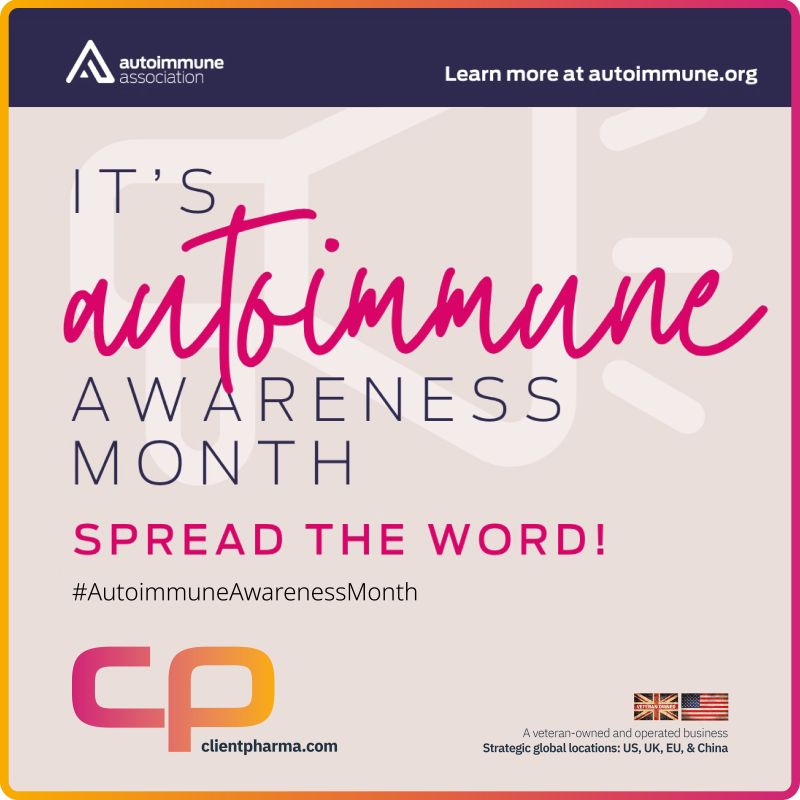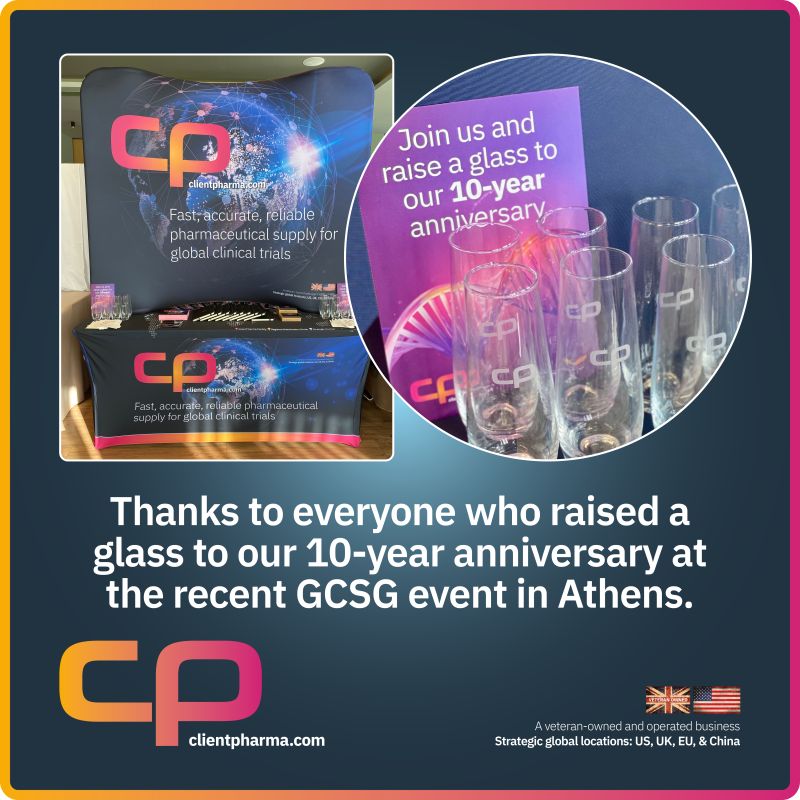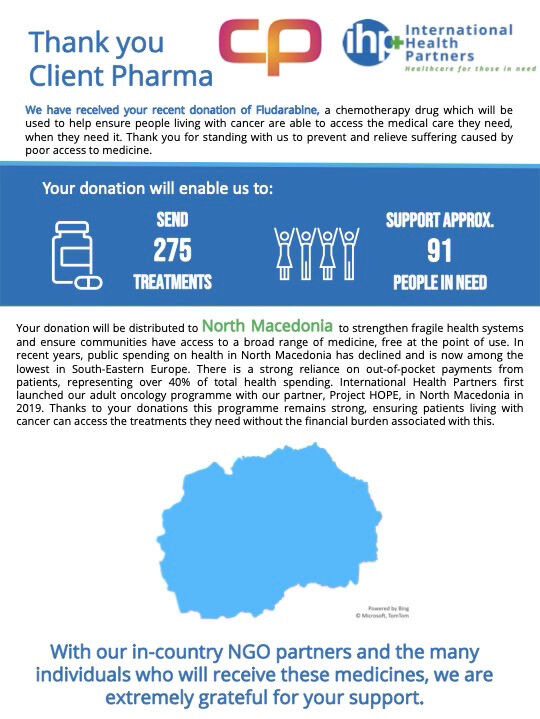It has been noted that older, off-patent drugs are becoming increasingly expensive. But what are the underlying causes of the problem and how can policymakers address it?
In August 2015, a pharmaceutical company increased the price of Daraprim (pyrimethamine), its newly acquired 62-year-old infectious disease drug. Due to the limited patient population and lack of competitors or alternatives, this drug went from $13.50 to $750 – an increase of 5,000%. Although the increase resulted in bad press, no immediate legal sanctions were made.
Tallapragada, a researcher from Harvard Medical School conducted a study into the issue. He concluded that from his research into the market there are many pharmaceutical companies driving up the prices of off-patent drugs.
From Tallapragada’s research, it may be necessary for governments to use unconventional approaches to encourage potential competitors and to rein in the prices of off-patent drugs. The approaches include reference pricing, expanded compounding and FDA incentives to address the growing problem.
Reference pricing
Price controls for off-patent drugs are rarely discussed in the US, as opponents believe that capping prescription drug prices and spending would lead to shortages of vital drugs.
Referencing pricing would mean that a comparison with peer nations would be made often lowering the price of similar drugs, by reducing the price of the cheapest drugs within this category.
Expanded compounding
Although compounding was originally intended for patients with unmet market needs, the expansion into custom-compounded versions of off-patent drugs may be a viable alternative to more expensive drugs, increasing competition in the market.
To give an example, in October 2015 a compounding pharmacy announced that it would sell a Daraprim competitor for less than $1 per tablet – a price previously unseen.
FDA incentives
It has also suggested that the if the FDA kept a list of single-source off-patent drugs, similar to the way it does for drugs that are in short supply, they could then offer incentives to the makers of generics that apply to produce these drugs. This would then increase market competition for the drug and decrease prices.
From Tallapragada’s research, policymaking clearly has a role to play to ensure that private profits do not come at unbearable costs to public health and the general welfare and ensures that medicines remain accessible to people globally.









